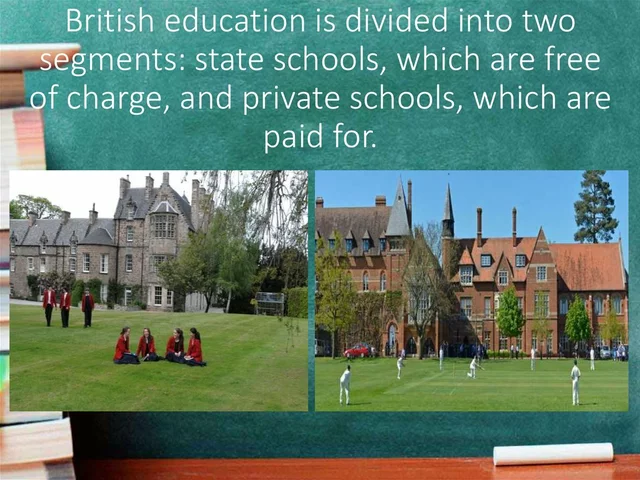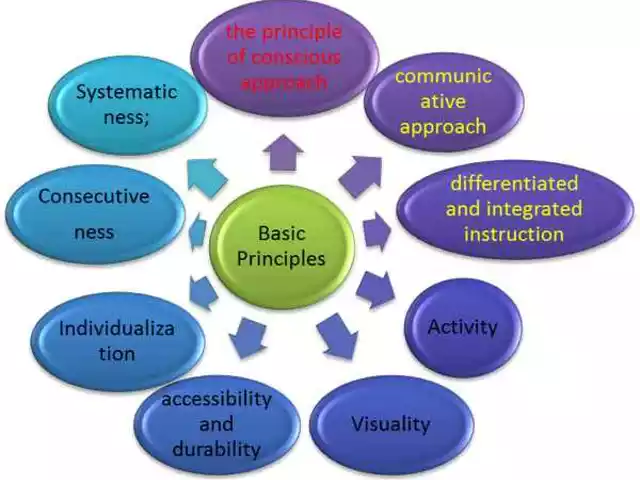
Untangling the Threads of Special Education
Let's kick this party off with a bang. Being a teacher is all about understanding these amazing little sparks of chaos we fondly refer to as children. Now, should a situation arise where a child doesn't quite fit into the standard mold, teachers may think, "Wait a minute! Can I actually refer this kiddo for special education?" The truth is, yes you can, but it's not just a swift swoosh of your educational magic wand. It's a bit more complicated.
Like an episode from my favourite detective series, it's all about gathering the evidence. Benny, my Lab, does this every day with his treats. It's an observation game, noticing patterns in a child's behavior or learning abilities that stand out. As a teacher, this is your primary role - to observe, document, and keep in mind the unique aspects of every student in your jurisdiction.
The Role of Early Identification
Time for some facts! Early identification can actually be a game-changer in a child's life. Kinda like when I first noticed Benny's knack for fetching, and thought, "This pup's got some serious game!" It all boils down to a well-known truth; the earlier we catch these learning differences or delays, the sooner we can help our kiddos. Delay is never good. Remember, just like Benny's treat time, timeliness is everything!
Navigate the Maze of Documentation
Documenting observations is a lot like keeping a diary of what you've seen and heard. It's a critical aspect of the referral process. This paperwork ensures that your concerns are well-supported and provides a concrete foundation for starting the special education evaluation. It's not as daunting as it sounds – we're not talking War and Peace here. You just need to keep a clear, accurate record of these observations – trust me, it'll make a world of difference!
Understand the Power of Communication
Communication! Ah yes, the glue that holds everything together. In the context of referring a child for special education, it's important to maintain clear and open channels between all parties involved, like parents, school psychologists, and other educators. Ensuring that everyone is on the same page helps the process move forward without hitches. Again, think of it as a group project where everyone needs to understand the final objective, just like when I try to teach Benny a new trick. Communication is key!
Involve the Parents, They're Important!
Now we've ventured into the realms of parenthood. Parents! They are absolutely critical when it comes to the referral process. Their insights into their child's behavior, developmental history, and learning abilities are like precious pearls of wisdom. Integrating their knowledge and observations not only enriches the data but also strengthens the bond of trust between parents and the school.
A Must-Know: The Student Study Team (SST)
Before we jump headfirst into the referral for special education, there's an important pit stop – the Student Study Team (SST). It's like a meeting of the minds where teachers, administrators and perhaps, special educators or school psychologists come together. The objective here is to discuss and devise interventions that might address the concerns without taking the path of special education. Picture it as a board meeting for the kid's future prospects. Intense, but necessary!
The Official Kickoff: Starting the Evaluation
Alright, here's the big kahuna. Officially initiating the evaluation for special education is a vital step. This is where we formally bring in specialists to assess whether the child truly requires special education services. It's like launching a new product – it needs meticulous planning and perfect execution. In special education terms, this rigorous analysis helps you piece together the puzzle of each child's unique abilities and needs.
Completing the Puzzle: Interpreting and Implementating
The evaluation results are akin to the final pieces of our special education puzzle. Interpreting these results accurately is paramount to devising an effective Individualized Education Program (IEP) for a child. Once implemented, this master plan guides the child's learning journey, ensuring that they receive the support and services needed to thrive. After all, every child is unique and deserves to shine, just like Benny, who continues to astound me with his uniqueness and joie de vivre.
Well, there you have it, the intricate web of referring a child for special education – observational groundwork, steadfast documentation, crucial communication, unparalleled parental involvement, SST intervention, official evaluation, and finally the IEP creation. It's a path well-travelled by teachers, but one that may still hold twists and turns needing deft navigation.






Write a comment